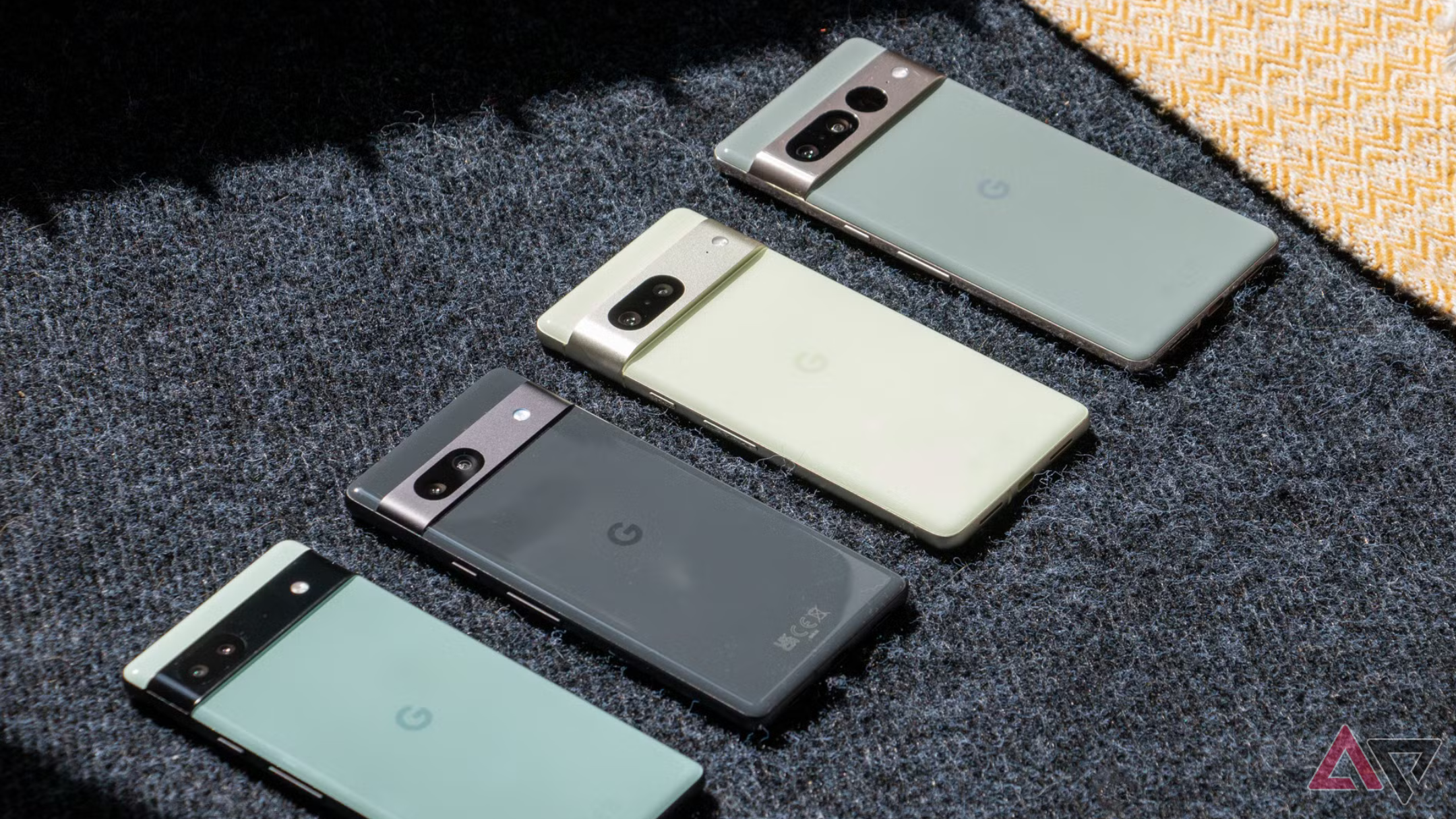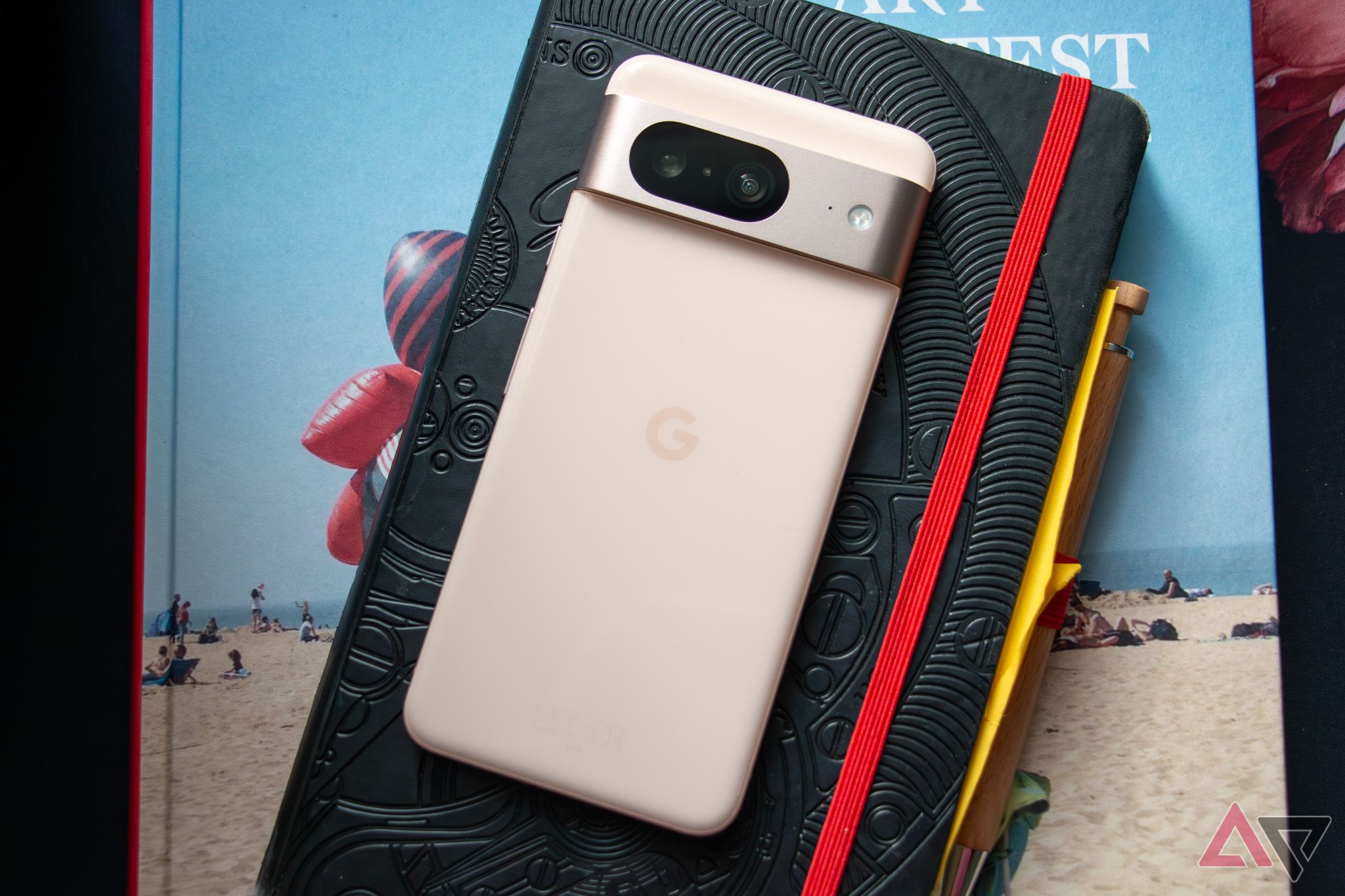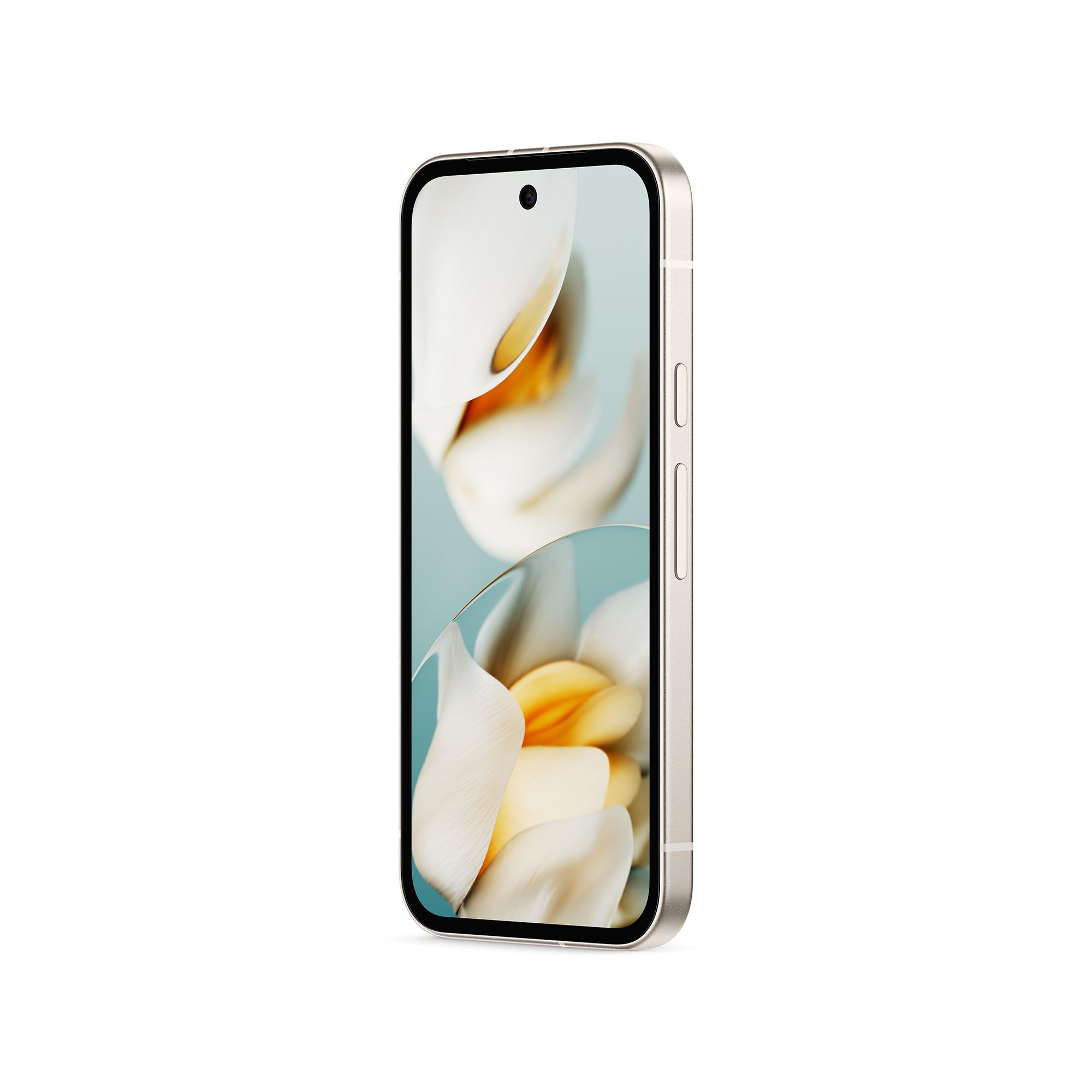I groaned internally when Google announced the Pixel 9a delay. Issues with quality control plagued previous Pixel devices, so when Google mentioned the holdup was hardware-related, all the company’s past issues welled up from the recesses of my brain. I worried we’d be headed back to a time not that long ago when new Pixel releases were met with uncertainty. It almost felt like luck whether some users would have issues while others didn’t.
Thankfully, I realized that the Pixel 9a wasn’t Google’s return to its undesirable old form but a sign that the company takes customer satisfaction and quality control seriously. It’s a statement I wouldn’t have felt confident making only two years ago, and it’s the most significant indication yet that Google is serious about success, ensuring it releases quality smartphones.
Related
Google’s Pixel 9a has a new launch date, and it’s right around the corner
But it might depend on where you live
It’s hard to forget the Google Pixel 6
So many problems at launch
When I recall Google quality control issues, the Pixel 6 jumps to mind. Its underbaked software and faulty hardware created a perfect storm for buyer aggravation. I had numerous problems with my Pixel 6, from the fingerprint reader only functioning half the time to various overheating issues. I also experienced some wireless connectivity issues that affected many users.
The Pixel 8 series was a turning point for Google.
Android 12 compounded the problem, as I frequently had to restart my Pixel 6 due to hard crashes. Nothing about the Pixel 6 made it appear ready for release, but Google pushed it out into the world anyway. However, it wasn’t just Google’s quality control and software issues that frustrated me. The company was slow to respond to complaints, making us wait until the regularly scheduled update release windows (the first Monday of every month) for fixes. It appeared tone-deaf on Google’s part, and nothing about Google’s handling of problems made anyone feel confident.
Not the only time Google has had quality control issues
Poor modem performance ruined the Pixel 7a for me
I also had issues with my Google Pixel 7a. The modem refused to switch between 5G and 4G LTE, keeping me disconnected until the 5G signal returned. It was a show-stopping flaw, and I wasn’t the only one with problems with the Exynos 5300 modem in the Pixel 7a. I would’ve been agitated if I weren’t a tech journalist with multiple devices available. As it was, Google reached a low point in my mind, and the company didn’t seem dedicated to making things better for loyal Pixel users.
In 2023, Statista released a customer survey asking smartphone owners how likely they were to buy again from their current brand. 57% of Pixel owners who responded stated they planned to look for another smartphone manufacturer when it was time to purchase a new device, 20% more than Samsung and Apple. I wasn’t shocked by the result; enough users had been burned by poor software updates and faulty hardware on Pixel phones that they were ready to move on. It’s always a touchy subject with Pixel fans because if your device didn’t have issues, you won’t understand what people are complaining about. However, for those with problems, it was hard to forget the frustration.
Google cleaned up its act
The company started listening
The Pixel 8 series was a turning point for Google. I felt it was the company’s best hardware in years, and the software experience was excellent. Google continued on the Pixel 9 series with gorgeous new displays and rock-solid connectivity. It was as if the company went down a checklist of long-time user complaints and addressed each. I had confidence in Pixel products for the first time in years, and I was hoping Google would continue that with the Pixel 9a launch.
Read our review
The Pixel 8 remains the Google phone for the masses
The Pixel 8 doesn’t need every feature the 8 Pro offers
In an offbeat way, the company did. I’m sure there was a time when Google might not even catch a quality control issue until it was too late. It saw a problem with the Pixel 9a, and instead of fixing it later with software, the company was proactive, delaying the expected launch. No one buying a Pixel 9a would be upset by a minor delay, but everyone would be frustrated by a launch plagued by returns. Google handled the Pixel 9a delay the way a company does when it cares about customer satisfaction and delivering a quality experience.
Even if Google generously accepted returns, no one wants to go through that process on their brand-new phone, and the likelihood of someone returning to buy another Pixel decreases.
Keep up the good work
Some Pixel haters will still point fingers that Google had a problem with the Pixel 9a, but that doesn’t matter to people buying the phone. Instead of pushing out a product it knew to be faulty, no matter how few units were affected, Google decided to hold back a couple of weeks and get things right. Google’s built up a lot of goodwill with me over the last two years, and while no one likes delays, the company’s handling of the Pixel 9a situation only furthers that newfound trust. Now, if only that would translate to Gemini Live.
Google Pixel 9a
Google’s Pixel 9a takes everything that was great about the Pixel 8a and looks to modernize it. With an all-new Pixel 9-inspired look and no camera bump, this might be the best $500 smartphone we’ve seen yet.







